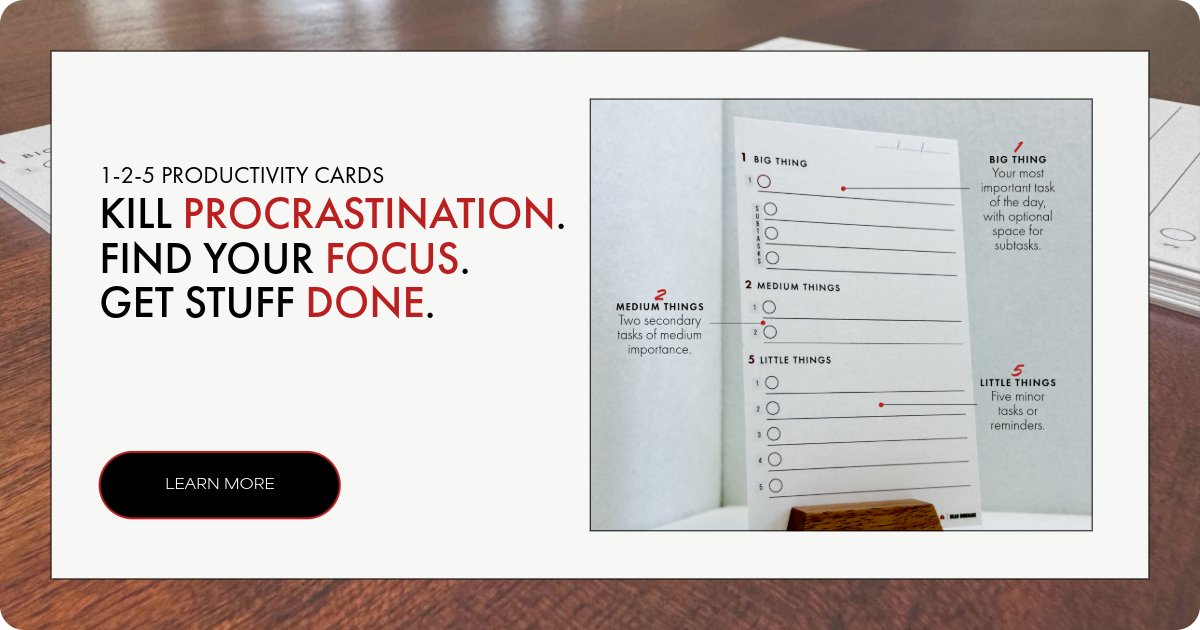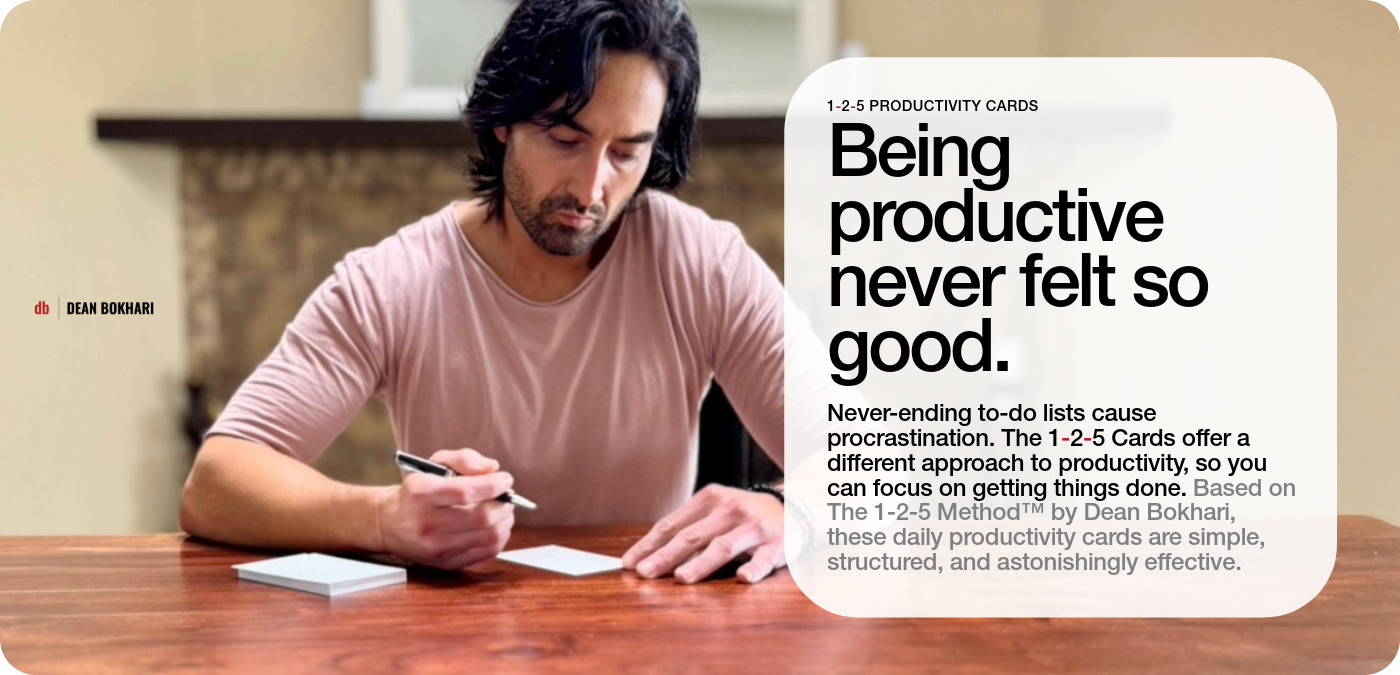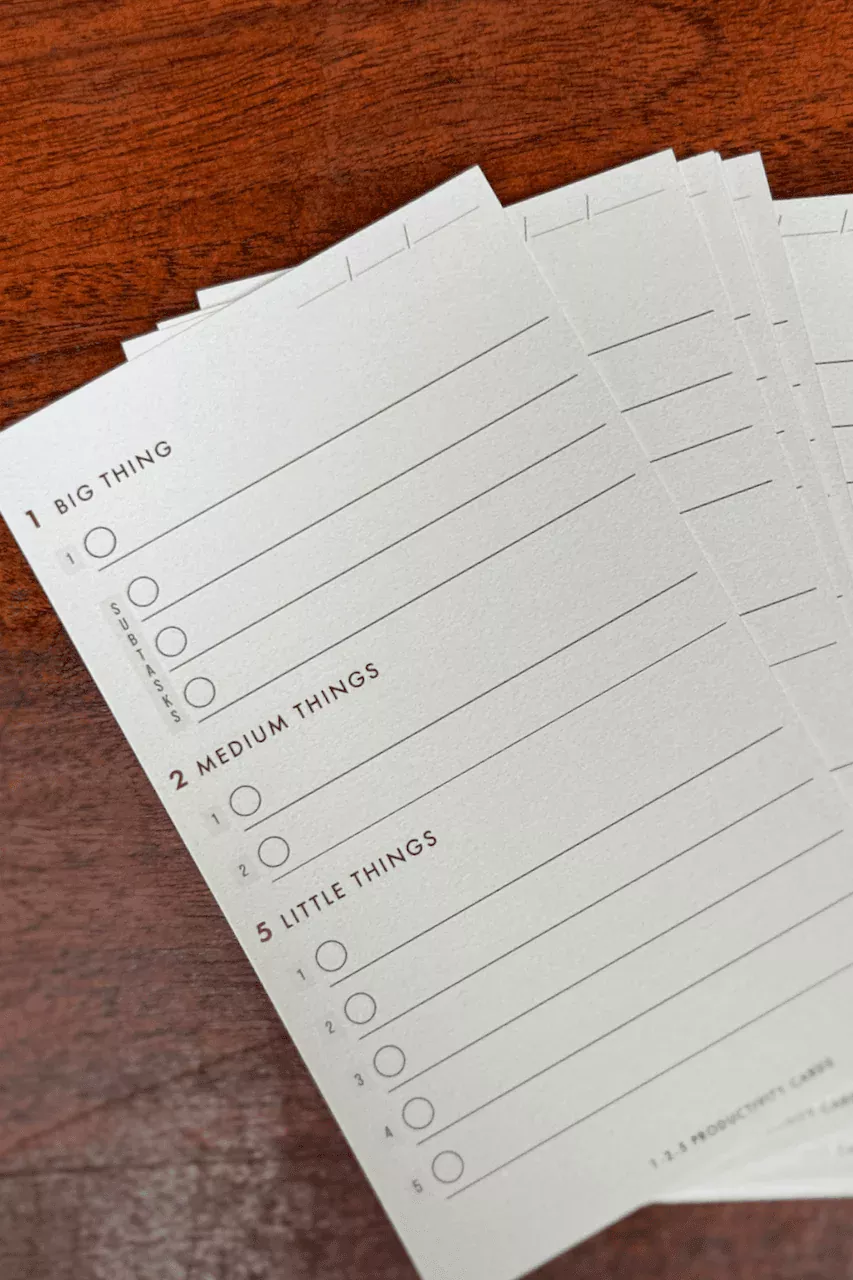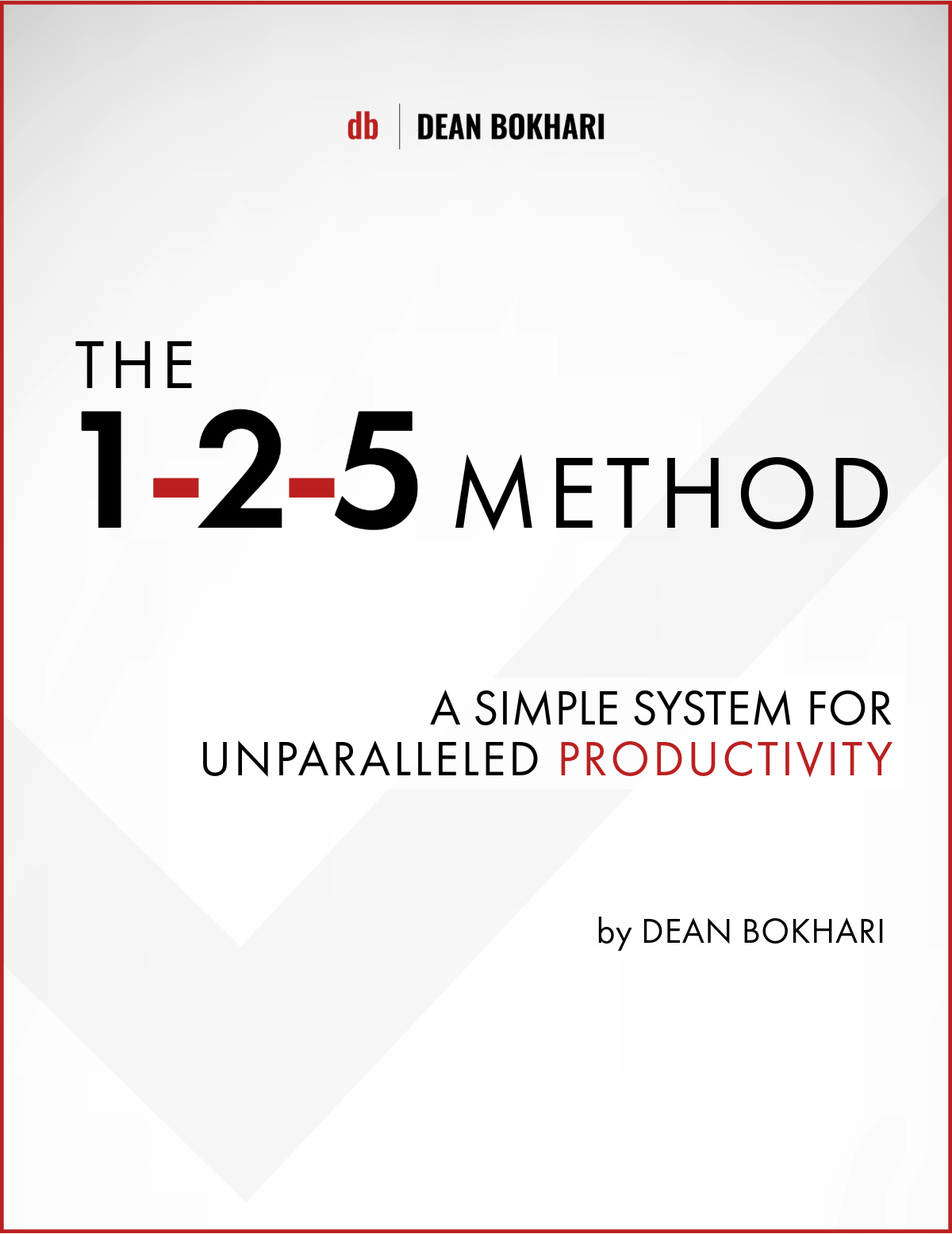7 Simple Ways to Generate Ideas (For Anything)
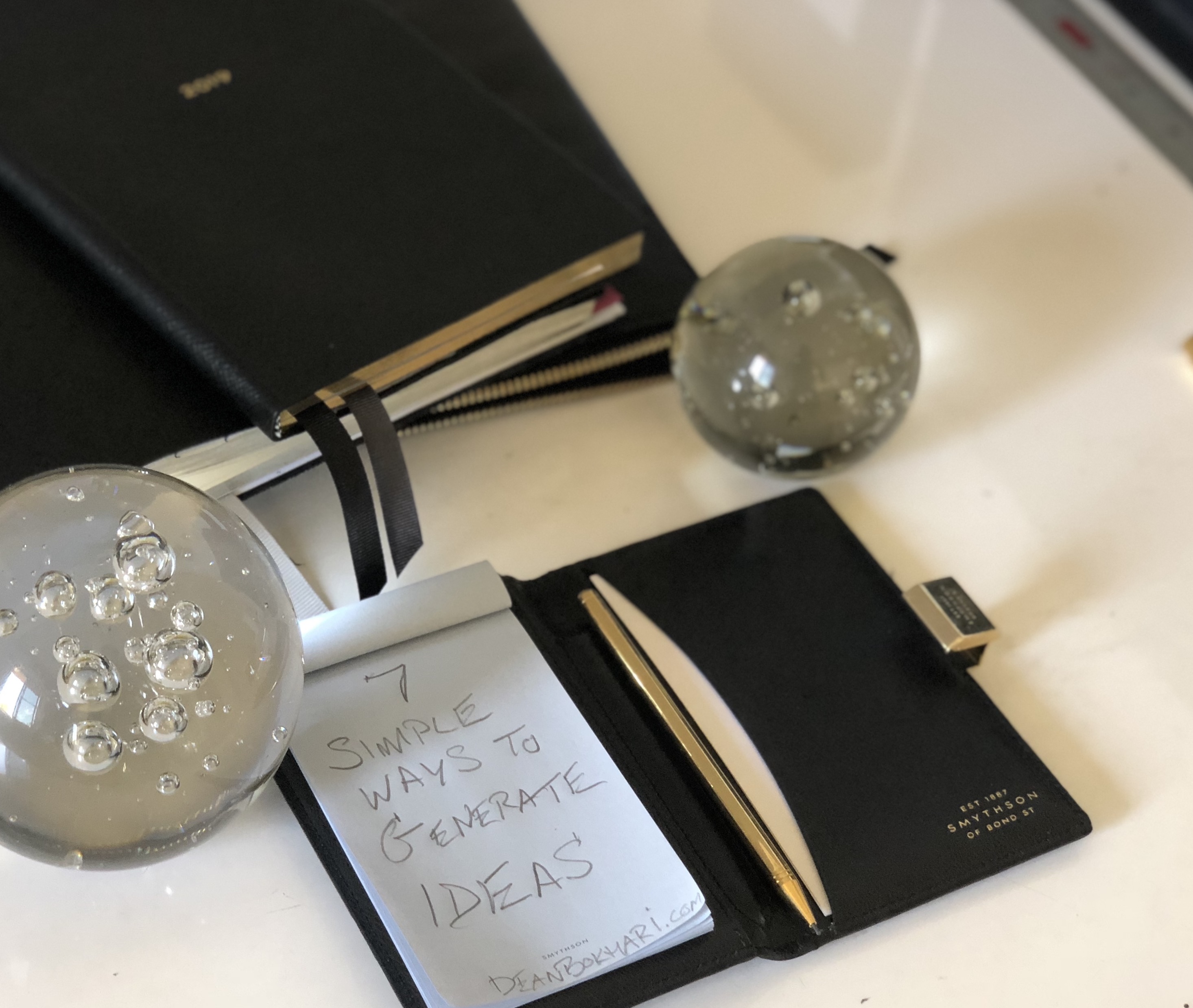
Ideas come from everywhere. But sometimes it seems like you can’t find them anywhere. Especially when you need them most.
In this piece, I’ll share several simple ways to generate ideas that I’ve found most helpful in my own life. These are the exact idea-generating habits that’ve helped me turn my life around in every arena—especially when it comes to business.
I’ve gotten and written down hundreds of thousands of ideas in my life.
Most of these ideas have been worthless—just total bull-shit ideas. These are the ideas that crash and burn, or don’t get acted on at all…
But on average, about one out of every hundred ideas I get really ends up taking off. Sometimes my ideas take-off in the form of a great article, podcast, or talk that ends up helping thousands and sometimes millions of people. Sometimes my ideas take-off in the form of a powerful marketing idea. Sometimes it’s a great business idea.
My point is this: The right idea can propel you to a whole-new level of personal/professional success.
The right idea can take your career to the next level. The right idea can help you stand-out from a crowd of monotony. The right idea can allow you to make a truly meaningful contribution to the lives of others.
The right idea can change your life in countless ways. I’ve made over a million dollars from a single idea. That’s how powerful ideas can be. And you can do the same thing to get similar—if not greater—results than I have, if you decide to put these tips into practice.
7 simple ways to generate ideas (for anything)
Designate a trusted place to put your ideas. For me, that place is my notebook. I can riff all day about the power of writing down your thoughts and ideas in a paper notebook, but I won’t. When it comes to generating ideas, it really doesn’t get much simpler than paper. But here’s the thing: you’ve got to have it with you all.the.time. And although it may not sound appealing to carry another thing around, you’ll get used it, and soon you’ll start enjoying it. I firmly believe that if you don’t have a place to put your ideas, then you’ll be less likely to get them. And my preference is paper, primarily because: a) physically writing things down is a proven method for memory retention[1] (you remember better); b) it helps you connect your previous ideas and experiences together—which leads to NEW ideas; and c) if you come back to your notes later, you’ll come up with even more ideas while you’re reviewing them. Powerful stuff. Do yourself a favor and buy a notebook. As of this writing, I’m hooked on a brand called Smythson; but any paper will do.
Read. I get my best ideas while I’m reading. What’s interesting is, that many of the ideas I get while I’m reading are often completely unrelated to the subject I’m reading about..=. This is probably because there’s something else going on somewhere in the back of my brain while I’m reading—I’m connecting different ideas together to form new ones.
Personal experience. For example, this podcast/article came about as a result of me pulling different ideas from my own personal experience. Always be pulling from your own personal experiences—it’s a super simple way to generate ideas. Whether you’re writing, or trying to come up with a new business idea, or anything else. Personal experience is always best because you understand your experiences viscerally. This then, allows you to connect your experiences with the rest of the world as you interact with it. Using personal experience works best for storytelling, teaching, and inspiring and explaining things to others.
Walk in nature. I go for a 15–20 minute walk every morning. About 70% of the time, I get a fresh idea during this walk. That’s about 5 out of every 7 days of the week. This is why I always take my pocket-size notebook with me on these walks.
Sit still and breathe. Technically this wouldn’t classify as meditation because the point of meditation is to stop thinking, while the point of this exercise is to start thinking—of ideas. Slow breathing or meditating or whatever you want to call it—it gets the idea juices flowing almost every time.
Jot down your shower thoughts. Ever get a great idea in the shower but forget about it before you’re done? That sucks. This used to happen to me way too often for me to avoid doing something about it. So I did something about it. After a little research on Amazon, I found a brand of water proof notepads called Aqua Notes. I ordered them immediately and they’ve been a game-changer for me ever since. No more great ideas down the drain.
Procrastinate on purpose. Sometimes procrastination can be a good thing—allowing an idea or important piece of work to percolate for a certain length of time can spark new, creative insights. Try it—start something, walk away, and come back to it later… While you’re away, you may notice an idea pop-up for whatever you were working on before. There’s a term for this; it’s called the Zeigarnik Effect.
These methods work for me. I don’t know if they’ll work for you, but it won’t cost you anything but a bit of experimentation to try them out in order to see for yourself.
Remember: a single idea (combined with execution) can change your life.
Like many things in life, the more you do anything on this list, the more ideas you’ll generate.
If you were to choose a single tip from this list, I’d suggest starting with #1: Designate a trusted place to put your ideas. This should be a paper notebook if possible—something portable enough that you’re willing to take it with you every where. Make a habit of writing down your ideas daily and you’ll notice your ideas getting better and better…
And then one day you’ll wake up and have more inventions than Nichola Tesla, Thomas Edison, and Benjamin Franklin—all rolled into one. You goddamn, genius, you.
Footnotes:
-
Luo, L., Kiewra, K. A., & Samuelson, L. (2016). Revising lecture notes: how revision, pauses, and partners affect note taking and achievement. Instructional Science, 44(1), 45–67. ↩
LIVE LIKE YOU GIVE A DAMN,
Dean Bokhari
- If you find the podcast helpful, please rate + review it on Apple Podcasts »
- Got a Self-Improvement question you'd like me to cover? Submit it here »
"Dean Bokhari's Meaningful Show is the Self-Improvement Podcast I've been
waiting for. It's actionable, inspiring, and BS-Free." —Brett Silo
✨ New Series: How to Become an Early Riser
- Discover key methods to make early rising a habit
- How to wake up early + energized every morning
- Morning routines for health + success
Free self-development courses
👇
Tap on any of the courses below to start learning how to:
- boost your productivity (with GTD),
- get focused (with Deep Work),
- or learn the art of influencing others (with the How to Win Friends & Influence People course.)
All for free.
👇
Free life guides
👇
Best-selling Self-development courses by Dean Bokhari
Kill procrastination.
|
Get stuff done.
|
Get motivated.
|
Connect with anyone.
|
freshly pressed:
Top Audiobooks narrated by Dean Bokhari on audible | |
Book summaries
- The Power of Habit by Charles Duhigg
- 12 Rules for Life by Jordan B. Peterson
- Presence by Amy Cuddy
- Leaders Eat Last by Simon Sinek
- The ONE Thing by Gary Keller, Jay Pasan
- Deep Work by Cal Newport
